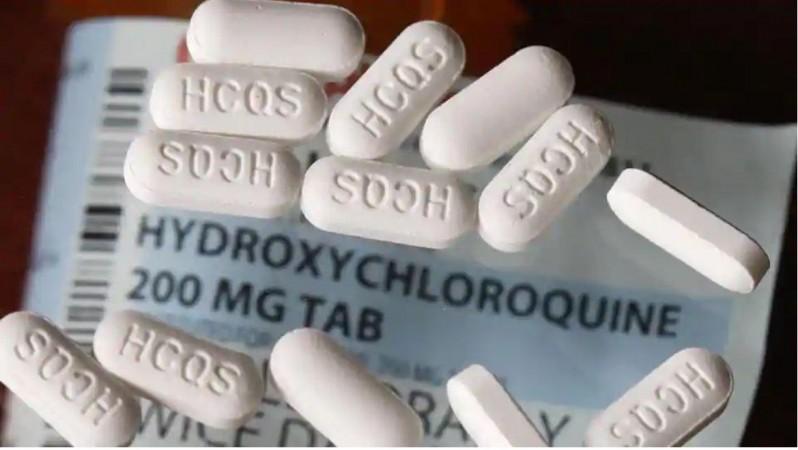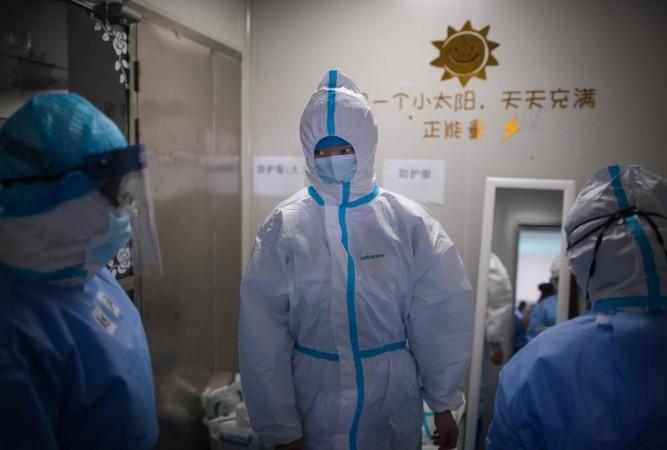It was touted that the low-cost generic drug hydroxychloroquine, when paired with Azithromycin, is effective in treating Covid-19 patients in China, South Korea, France and the United States. The anti-malarial drug hydroxychloroquine received emergency approval from FDA saying "it is worth the risk of trying unproven treatments to slow the progression of the disease on the seriously infected." President Trump touted, "It's not going to kill anybody," and the emergency approval was granted by the FDA on Trump's demand to check its effects on COVID-19 patients in an experimental move.
Calling the drug as a "gamechanger", Trump warned of "retaliation" against India, if it didn't revoke the ban on its exports. The ban was lifted and more than a dozen generic drug manufacturers jumped into the opportunity without real evidence to produce hydroxychloroquine in good quantities, meet shortages and support countries globally in the fight against the raging pandemic. The companies include Mylan NV, Teva Pharmaceuticals, Ipca Laboratories, Wallace Pharmaceuticals, Zydus Cadila, Novartis AG's Sandoz unit and many others.
The Indian Council for Medical Research (ICMR) has cleared HCQ to use hydroxychloroquine as a preventive medication for doctors, nurses and other health staff only. It also moved the drug category to Schedule H1, to be sold only on a prescription basis. The drug can be sold in the absence of better drugs available for healthcare workers who are at a higher risk of contracting the virus. Consuming HCQ as a preventive measure, it will modulate the response of the immune system to the virus and protect doctors. However, the consumption of this drug above the prescribed dosage could result in liver damage and cardiac arrhythmia.

Is hydroxychloroquine the treatment drug for COVID-19 patients?
While the effectiveness of the drug to treat COVID-19 patients is still under question, researchers are conducting clinical trials to study the effects and side-effects of the drug on COVID-19 patients in detail.
A drug like hydroxychloroquine has been used to treat malaria, can be safely prescribed for off-label use by doctors in certain individual cases. Repurposing drugs used to treat one illness when recommended for treatment of another condition speaks of history, wherein such potential drugs contribute to more harm than good. Researchers and the US FDA are still finding evidence that hydroxychloroquine is effective on COVID-19 patients since most infected patients recover with no treatment and through self-quarantine methods.
Considering the rapid scale of the pandemic, randomized controlled trials could prove to be expensive and frustratingly time-consuming, hence it is not surprising that people are falling prey to whatever little information available and considering consumption of the drug as a preventative measure.

What we know about hydroxychloroquine is, it's an anti-inflammatory drug used to treat conditions such as arthritis and lupus. It is a derivative of another anti-malaria drug, chloroquine. A study by researchers in France on 36 patients, not randomized, found that the drug could clear the infection in a few days. This could mean the administrators picked the patients on whom the drug could be administered potentially skewing up the results. Human trials of hydroxychloroquine have so far yielded mixed results.
Is the drug really effective? What are the side effects of hydroxychloroquine usage?
According to the US Food and Drug Administration (FDA), the side effects of the drug are well known for long, these include cardiac arrhythmias, irreversible retinal damage, drop in blood sugar levels, muscle weakness, and fatigue. Psychiatric effects of the drug are nightmares, insomnia, hallucinations, and suicidal tendencies.
It can have potential reactions if paired along with medicines used to treat epilepsy, diabetes and heart problems. These are some of the reasons why the World Health Organisation (WHO) no longer recommends hydroxychloroquine for treating malaria. There's no real evidence that the drug works as a prophylactic for COVID-19 infected.
While the FDA granted approval of the drug to treat the COVID-19 infected sick patients and not those in critical condition without further testing of the potential side effects. With more than 50 clinical trials underway across the globe, only randomized controlled trials will help health professionals understand how to safely deploy the drugs on infected but, this does not guarantee that the drug will work for every COVID-19 patient without risking the health and leaving back side-effects to deal with over the long term.















